High school is an exciting time in life filled with new experiences, meeting new people, and finding your true self. On the contrary, it is also a time where students are pressured into picking a career path. Have you ever thought about how everyone around you always manages to have it together? Has the phrase “How do others always know what career they want to follow?” ever crossed your mind? Although there are people who know what they want, there are also others who are unsure, and that’s okay! Truth is, not everyone has it figured out, and it’s not always easy choosing the right career path. It’s completely normal for students to not know what they want to pursue, even after going to college.
Mr. Burgees, a health teacher at SEMHS, tells us how he got into teaching. “For me, I was in high school, I had some teachers who were positive influences on me, so I knew I wanted to do the same for my career.” He also added, “I was interested in working with people. I never had any interest in solitary jobs; I enjoy getting to know students, and it makes me feel young again.” Mr. Burgees got his inspirations to be a teacher from his teachers when he was in high school. Because of this, he continued to pursue this career.
If you have certain passions or skills that you are passionate about, continue to stick with them. They may be useful for the future in what career you choose to be in, such as being bilingual or having talent in the arts. However, if you don’t have a particular passion in anything, that’s okay too! For now, ask yourself, What activities/hobbies make me happy? What subjects do I excel in? What am I interested in? Finding the answers to these questions can help you get an idea of what you want to do in the future.
Think about the clubs SEMHS has to offer. This school offers a wide range of clubs, from academic (FBLA, FMP, CSF) to leisurely clubs (Art, gardening, paranormal). Joining these clubs gives the opportunity to see whether you enjoy it. This can help you think about your future career, as finding a passion in clubs can help you explore your interests. “Joining a club— it can expose you to new experiences, to see if it’s something you’re interested in,” Mr. Burgees implies. 
It is completely okay not knowing what career you want to pursue. If you can’t think about what you want to be in the future, first, identify what you don’t want to be. Eliminating what you want to avoid in the future can bring clarity to yourself. Work towards that. For example, what lifestyle do I want to avoid? What work environment do I steer away from? What jobs do not align with my interests? You might not want to live financially unstable, and work at a job that makes you unhappy. These thoughts could help steer clear from situations that encourage what you want to avoid. If you ever come across a situation that makes you doubt yourself, think about what you don’t want to become.
Researching your career is crucial. Having even an idea of what you wish to pursue will be useful later on when choosing your field of study. Mr. Burgees says, “You need to see what different jobs are like to see if it aligns with your interests.” Having a vague thought as to what career you want to do after high school can give you an idea of what field to do in college.
In the end, the choices you make are up to you, and not this article. As Mr. Burgees says, “You don’t have to make a final decision until the end of your second year in college, so you have plenty of time. Don’t worry about it too much and enjoy your youth. Most of my friends chose their career by taking different classes in college— experimenting. Very few of my friends chose their future careers selected in high school.” The path you choose doesn’t have to be the one you will continue to stick with throughout college. Career choices change over time, and it’s fine taking time figuring what you want. It is okay to switch up what you want to pursue. There will always be opportunities to grow, and find what interests you. Now, get out there and explore opportunities!



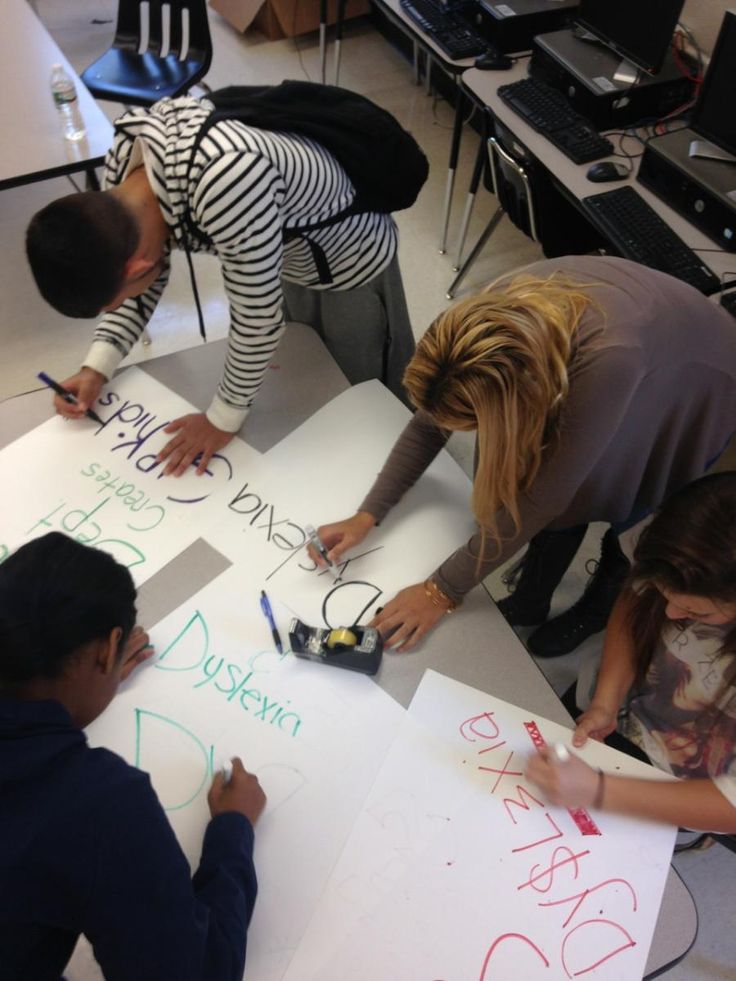
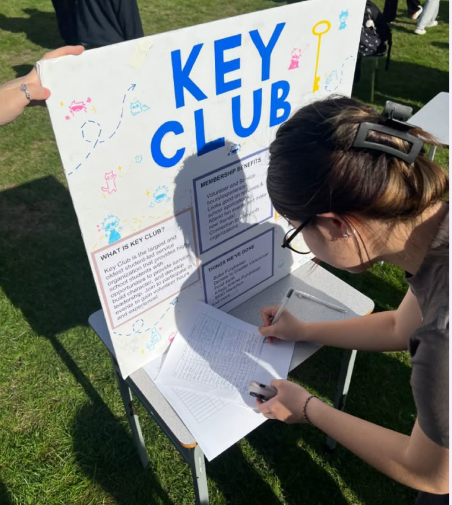

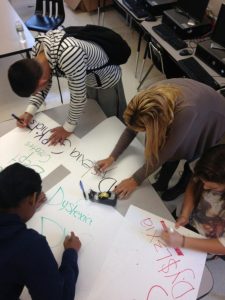
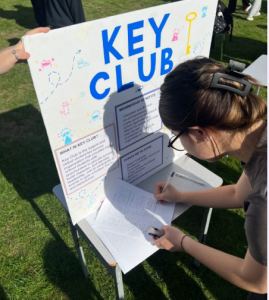





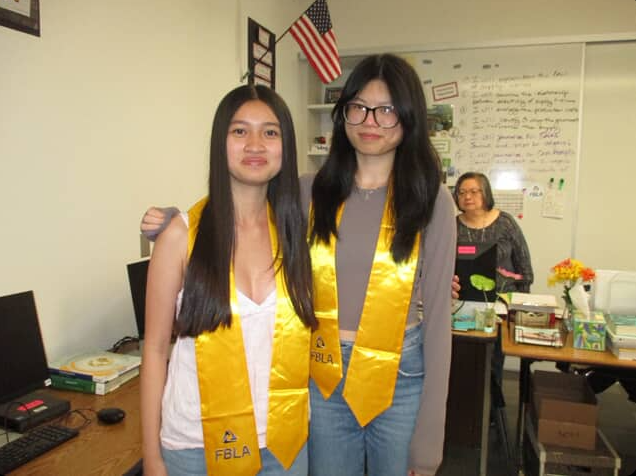




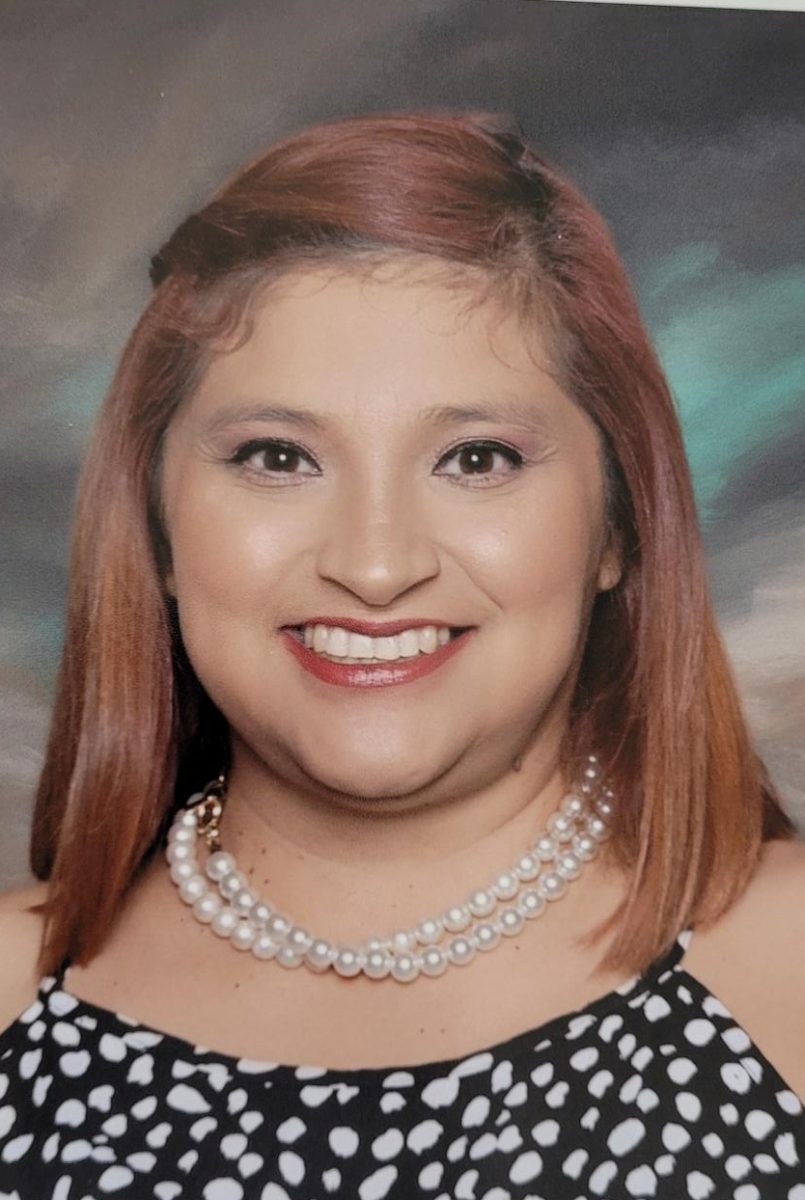
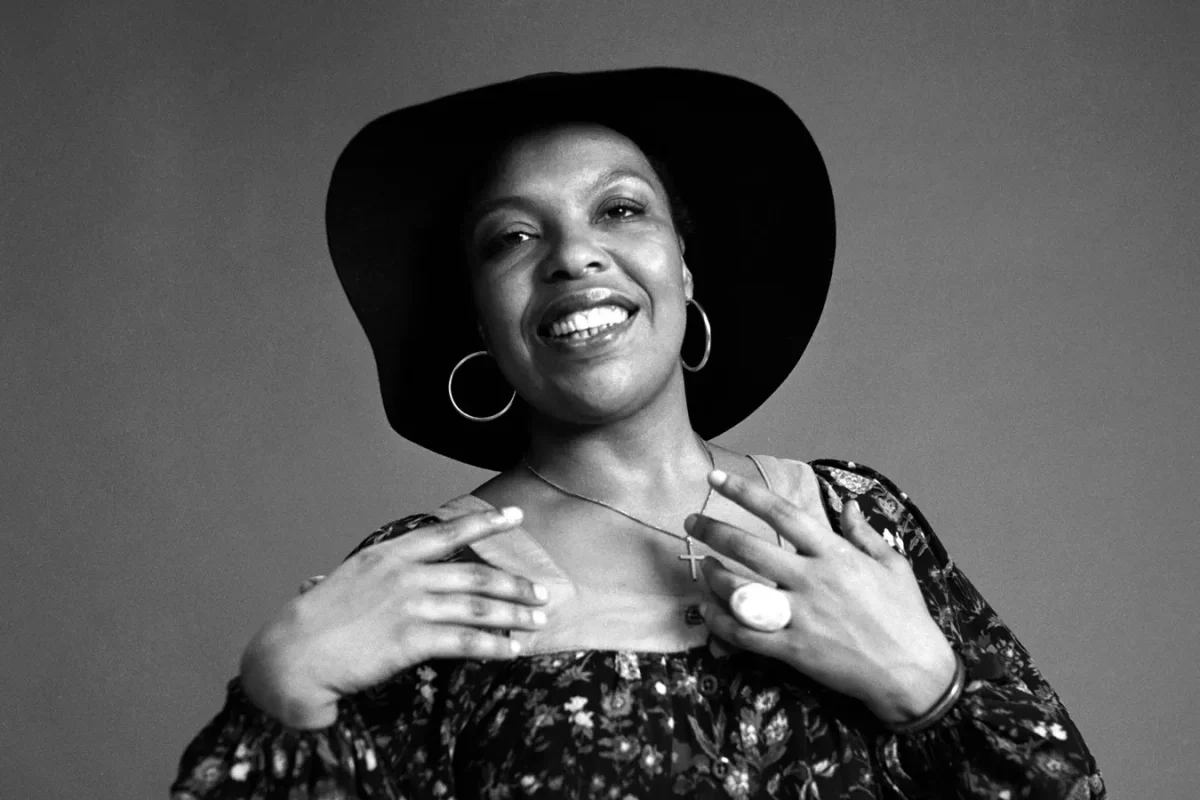





Kennedy Bradshaw • Apr 4, 2025 at 2:01 pm
i like how this article encourages people to explore their interests and not be afraid to try new things when it comes to thinking about their future.
Jasmine • Apr 4, 2025 at 1:30 pm
I enjoyed reading your article. I didn’t know what career to pick, but now reading this it made me realize that it’s ok to not know yet.